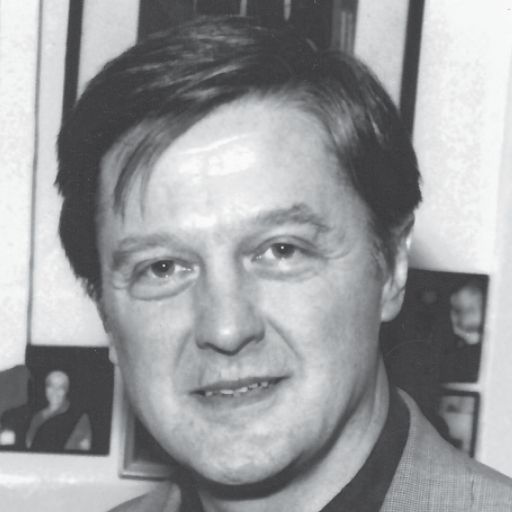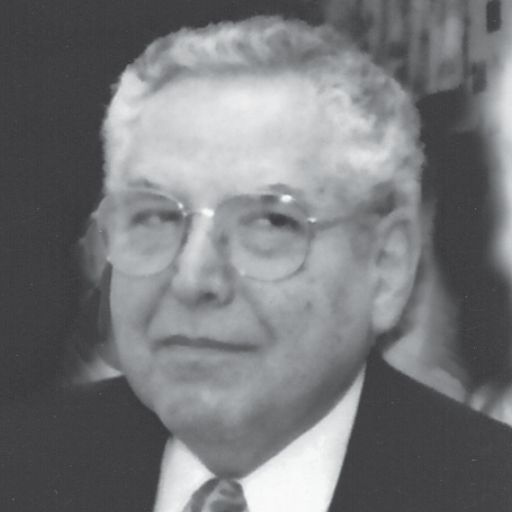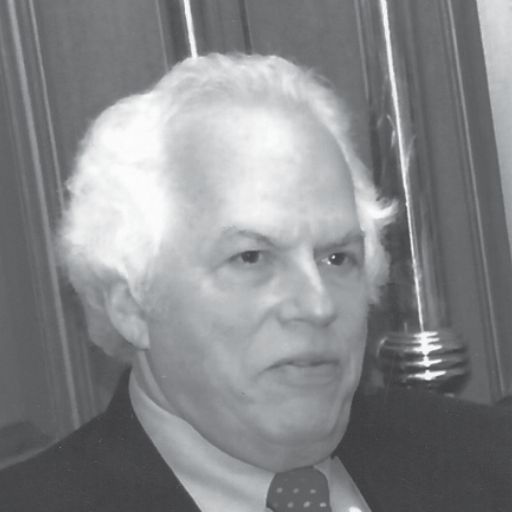2004

Year 24

Prof. J. P. Mohr
Daniel Sciarra Professor of Clinical Neurology & New York Neurological Institute, USA
THEME: THE PROBLEM OF STROKE IN OUR COMMUNITY
Most clinical research in strokes focus on prevention of recurrence of stroke. One of the foremost
studies assessing the comparative efficacy of warfarin and aspirin in the prevention of recurrences
is the “Warfarin-Aspirin Recurrent Stroke Study” (WARSS). This study concluded that the two are
essentially comparable in the majority of ischaemic strokes, irrespective of the subtype. Warfarin,
however, appeared to have greater benefit in individuals whose infarcts were embolic in nature.
In strokes with atrial fibrillation, warfarin proved superior to aspirin in both primary as well as
secondary prevention. The WARSS study failed to establish any significant superiority of warfarin
over aspirin in non-cardio-embolic strokes. The use of warfarin is not without its complications, a
major concern being the risk of haemorrhage. The Stroke Prevention in Reversible Ischaemia Trial
demonstrated that the incidence of bleeding increases by a factor of 1.43 for every 0.5 increase
in INR. Studies combining aspirin with warfarin in an attempt to achieve maximal clinical benefit
with minimal adverse effect have also failed to show promising results.










